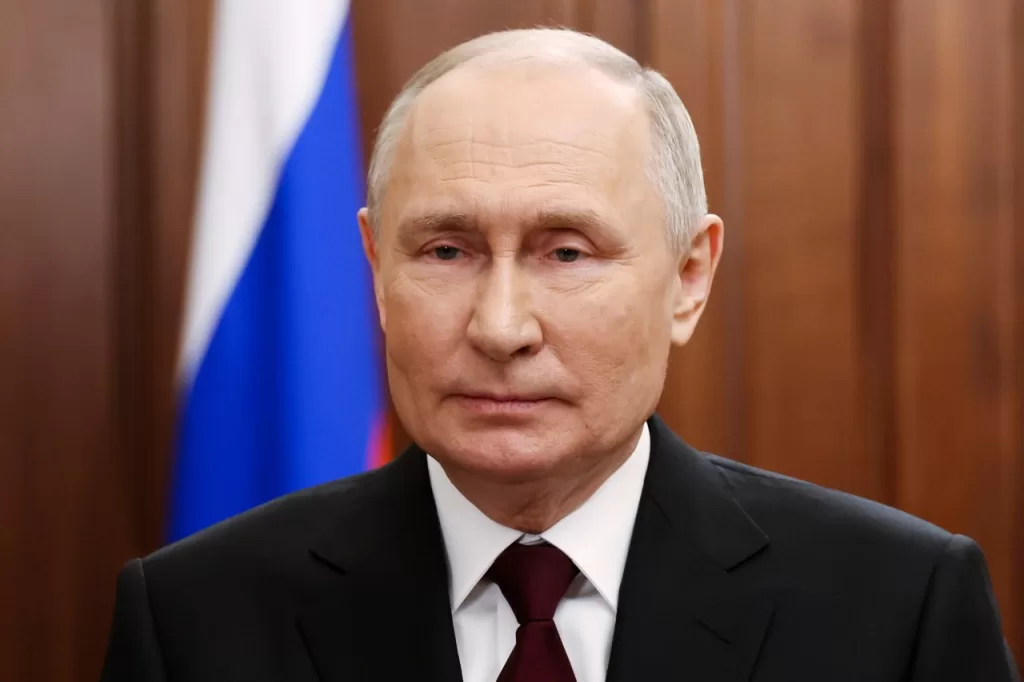Quick Bytes
- President Biden to announce sanctions against Putin following Alexei Navalny’s death.
- Meeting with Navalny’s family precedes sanctions targeting Russia’s war efforts.
- U.S. aims to intensify pressure on Russia with a robust package of sanctions.
- Sanctions seek to address Russia’s evasion tactics and support for Ukraine.
U.S. President Announces Sanctions Against Putin
President Biden has declared that sanctions will be imposed on Russian President Vladimir Putin in retaliation for the death of opposition figure Alexei Navalny. The announcement came after Biden’s meeting with Navalny’s widow and daughter in California. The U.S. administration is preparing a “robust” sanctions package, which follows the two-year anniversary of Russia’s invasion of Ukraine and Navalny’s controversial death in a penal colony.
Background of Navalny’s Death
Alexei Navalny, who was serving a lengthy prison sentence on charges deemed politically motivated, died under suspicious circumstances. Russian officials claimed his death was due to natural causes, but Biden and Navalny’s supporters accuse Putin of being behind it. Navalny had previously survived an alleged assassination attempt by the FSB, Russia’s internal security service.
Implications of the Sanctions
The upcoming sanctions are expected to build upon previous measures and include specific responses to Navalny’s death. The U.S. has already sanctioned numerous Russian banks and designated Putin as a “specially designated national.” Despite these efforts, Russia continues to mitigate the impact of sanctions by selling oil and circumventing technology export blocks. The new sanctions aim to tighten the grip on Russia’s economy and penalize sanction evasion activities.
International Stance and Ukraine’s Position
While the U.S. has taken significant steps to sanction Russia, Ukraine argues that more comprehensive measures are necessary. The U.S. is committed to adjusting sanctions in response to Russia’s evasion tactics and is determined to support Ukraine’s resistance against Russian aggression.
For more detailed information, readers can access the original article here.



